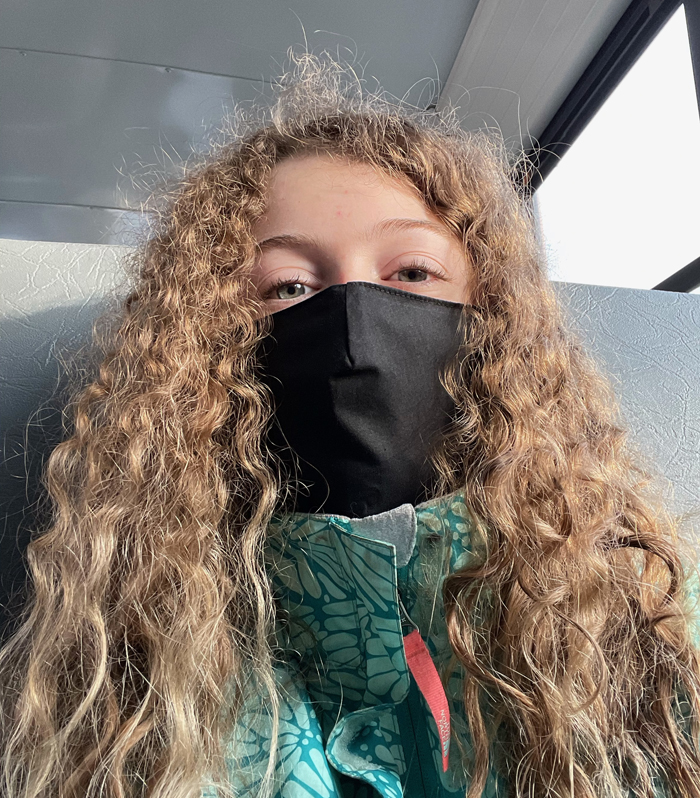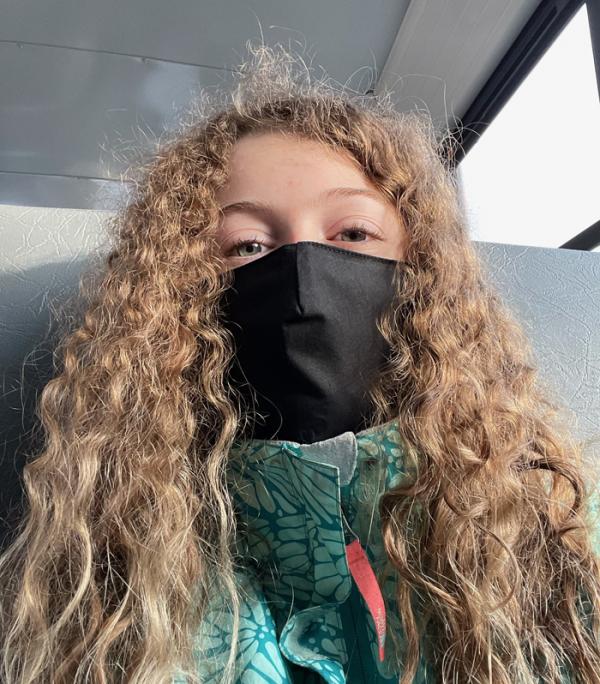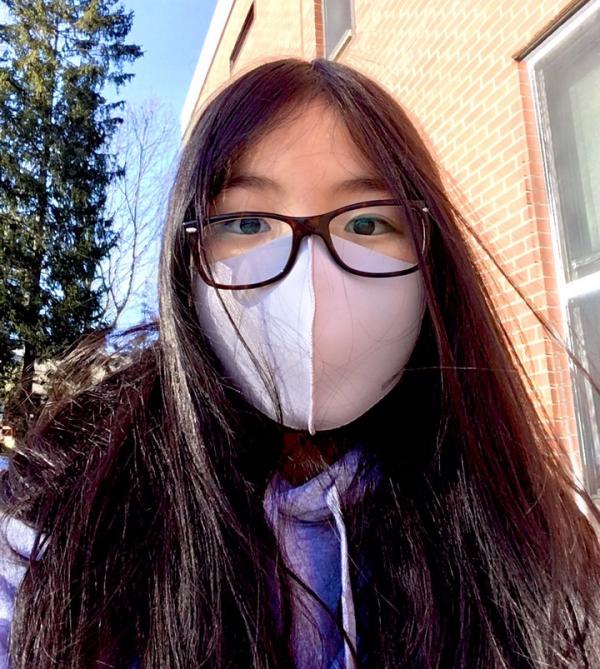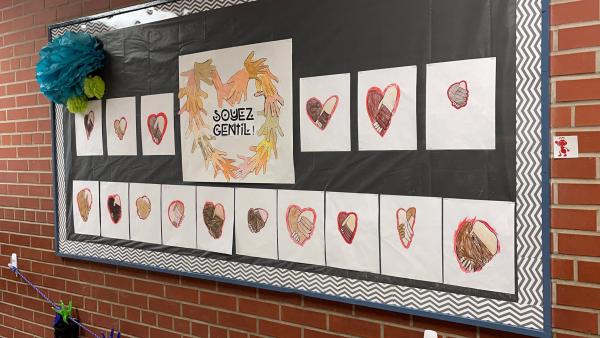KID REPORTERS’ NOTEBOOK
Seeking Racial Justice in Canada


Anna Murphy, a 13-year-old who lives in Ontario, thinks that everyone needs to be represented at all political levels to achieve racial equality.
Canada is a diverse country that welcomes people from around the world. But protests in the past year have raised awareness about police brutality and racism against Black and Indigenous communities here. Despite progress in recent years, lawmakers and cultural leaders say that much work remains to be done to rid this North American country of racism, which is embedded in everything from education to housing to health care.
I recently spoke with fellow students in Ontario about systemic racism and how it is being addressed. I also asked Natasha Henry, the president of the Ontario Black History Society (OBHS), what representation would look like in schools. The OBHS is building the first museum in Toronto dedicated to Black history.
The significant contributions of Black and Indigenous Canadians are often overlooked in our education system, Henry said. The teaching of Black history is currently optional. Incorporating it into the Ontarian curriculum is a key objective of the OBHS.
“The contributions and experiences of Black people in Canada should be [taught in school],” Henry said. “Black history is not just about acknowledging firsts or recognizing people who may be more prominent or more visible. Black history is all around us.”

Canadian Isabella Chin, 13, thinks that many people are forgotten to history simply “because of their race or religion.”
“KEEP GOING”
The absence of representation in civic life extends to the Canadian Parliament. Only a small percentage of lawmakers are people of color. Anna Murphy, 13, thinks that everyone has to be represented at all political levels in order to achieve racial equality.
At my school, a daily historical fact teaches us about an influential Black or Indigenous person. There is also a land acknowledgment to recognize the Indigenous land we stand on. These measures, says Isabella Chin, 13, “educate us on important people in our history whom we forgot about because of their race or religion.”
In an effort to achieve equality, the Canadian government has initiated several programs that support people in marginalized communities and promote diversity. “I think if we keep going this way,” says sixth-grader Graham Letsche, “our country will be very equal.”

Efforts are being made to educate students about the many contributions of Black and Indigenous Canadians.
